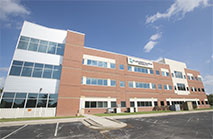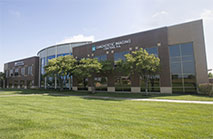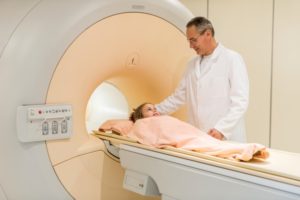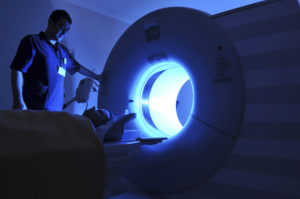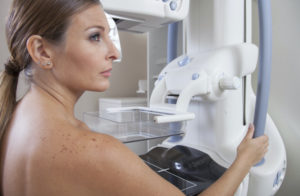First Mammogram?
For those who prefer to read:
So, the soothing voice of Dr. Harrison (see above)* explaining your first screening mammogram leaves you wanting written steps (or perhaps you just like our font).
Below is our list of things to know and do regarding your first – or any – mammogram.
What to know: There are a few key pieces of information you might be happy to hear.
You’ve probably heard about breast compression. Did they mention it only lasts a few seconds? It only lasts a few seconds.
The technologist takes 2 low-dose x-ray views of each breast. The breast tissue includes some tissue near the armpit, to view important lymph nodes as well.
Current technology is digital and therefore more accurate, and takes less time. (These also provide better views for people with certain concerns, including those in higher risk categories including women with dense breasts, or women with a family history of breast cancer.)
The time it takes for a mammogram is approximately 15-20 minutes, from the time you walk in our clinic doors to the time you get your results.
A radiologist (that’s an MD) will read your images in a short amount of time – the best facilities give you results before you leave the clinic.
What to do: On the day of your mammogram, there aren’t a lot of things you need to do or not do to be ready. You will need to fill out the breast imaging form. If you have had your mammograms elsewhere, you will need to fill out a release form so we can obtain prior imaging for comparison studies. And don’t forget to bring your insurance card!
Yes:
Wear a skirt or pants with a top instead of a dress. This is so you don’t have to fully disrobe.
Please arrive a little early so that you can fill out a medical information form. You will also be asked to change into a cape or gown.
No:
Please don’t wear anything on your skin above the waist before your mammogram. This includes lotions, perfumes, and especially deodorants. These may have ingredients that can show up on, and possibly distort, an image.
Please remember to get your mammograms annually, starting at the age of 40, as endorsed by both the American Cancer Society and the American College of Radiology. Early detection saves lives!
And if you really like to read, the American Cancer Society has a very comprehensive page on mammograms.
Thank you!
*She has a nice voice, doesn’t she?
